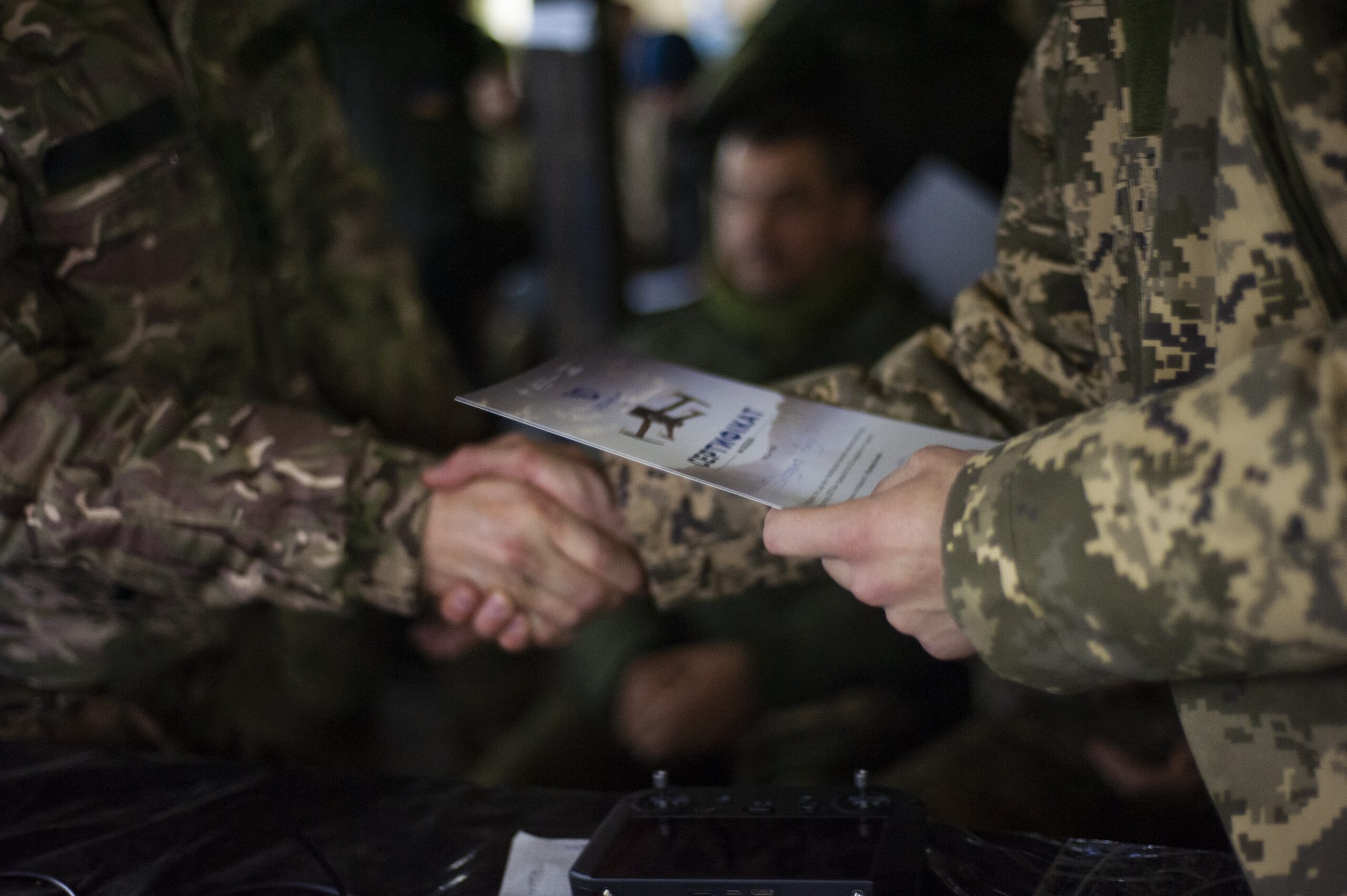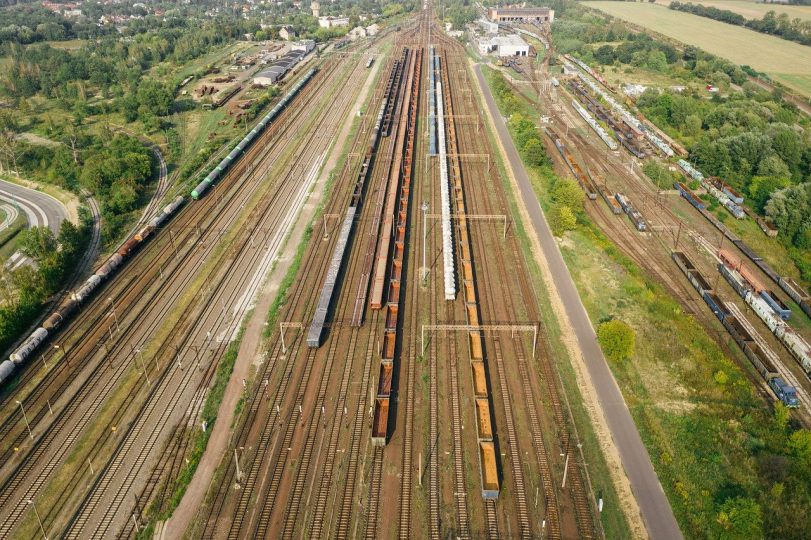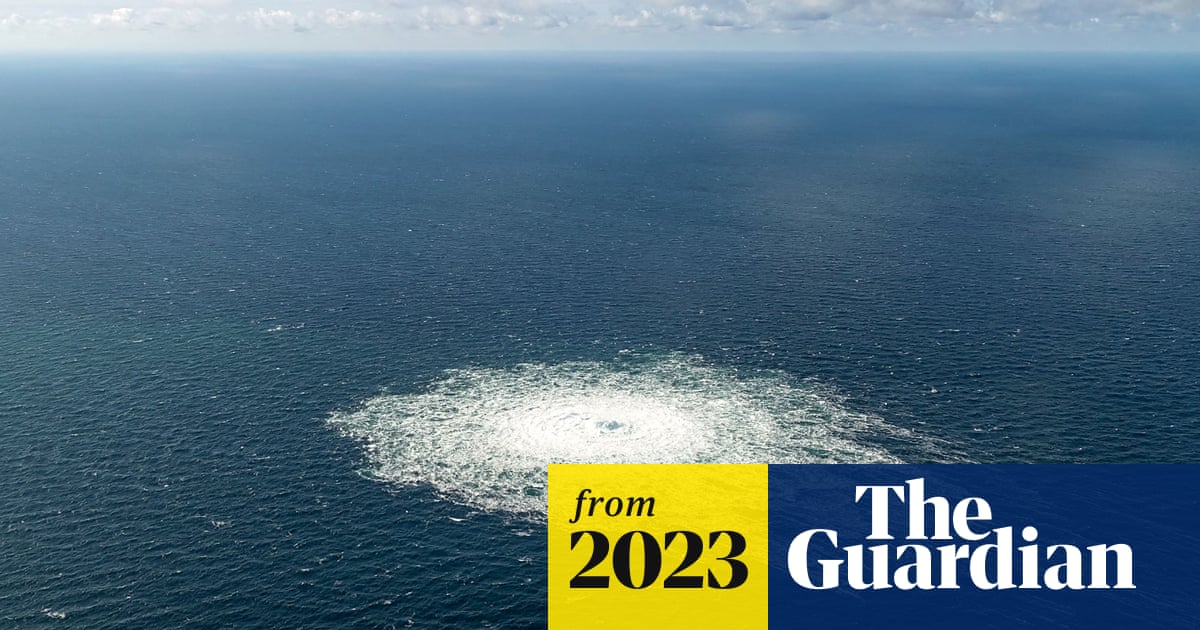Sadly, this is following apparent current US doctrine of making threatening comments about adversaries, thus encouraging preciously antagonistic parties to begin cooperating.
To wit: Saudi Arabia-Iran detente brokered by China.
There are more coming while the US still makes idle threats.
It is not coincidental that Brazil president Lula is going to China.
Ukraine is in more long range threat from developing anti-Western policies than it may be from military action now. Of course 'long range' is meaningless when imminent disaster is threatening.
My anxiety is higher now since Russia is obviously getting enough high-tech components to manufacture hypersonic cruise missiles. Beyond that it is evident that Russian oil and gas exports are doing well enough to keep funding their aggression.
Russia is only able to make a relative few missiles. Note the time between missile attacks is getting longer and longer. I have read they are buying certain washing machines and pirating the electronics to make their missiles. This is not only in efficient (they are spending $1000 to buy a washer for one part that cost $0.50 before the war), they are also going to lose some parts unsoldering them from the circuit boards and transferring them to the missile's circuit boards. Some of those parts will also have hidden damage. They might pass checks in the factory, but will fail in operation. Since it's a one time use product, the failure rate will be lower than something that will get regular use like a targeting computer on a tank.
Russia is also buying electronic parts on the gray market, mostly from China. Counterfeit parts were a problem for all electronics makers a few years ago. Western companies started screening parts from sources that weren't reputable sellers. This is sometimes necessary for companies that use parts for some system they manufacture or maintain that aren't made anymore. They have to source leftover parts in the supply chain and there counterfeits are fairly common.
Companies started screening their parts for counterfeits and the dodgy sellers in China peddling these ended up stuck with a bunch of parts they couldn't sell. Now Russia is desperate for some of these parts and is not picky about who is selling them. So they are getting a lot of counterfeit parts. It's estimated around 40% of electronics the Russians are buying now are counterfeit.
The cost for manufacturing anything that requires foreign made parts has gone through the roof. That's the case for anything requiring electronics because Russia basically doesn't have a domestic electronics business.
The ground troops, command and control, logistics weaknesses do give hope.
Even despite that i am more concerned than I have been during the last year.
US, Italian, Israeli, UK, Hungarian and Turkish political disarray are feeding instability just as the world needs cohesive and determined resistance to stop Russian aggression.
Is it any wonder that the Baltics, Romania, Georgia and Moldova (among many others) are fearful right now?
Frankly I haven't been this fearful since actually living in the midst of civil wars. FWIW, living in Beirut in 1975 seemed less risky than the present time. I was stupid and naive then, more than now I hope.
The world is quite a mess. It was headed that was before the war.
Nationalism has been on the rise for the last 10-20 years. Putin and to some extent China has encouraged it. As Timothy Snyder has pointed out, Putin doesn't need to convince Russians that Russia is a great place, he just needs to convince them that things are no better anywhere else in the world. When elections become messes in the US and other democracies, that feeds his narrative. Same thing with deep political division in countries.
The roots of the nationalism are not Russian though. Russia just took advantage of divides that were already there. Part of it is the ebb and flow of political ideologies. Historically in western democracies politics swings back and forth between center left and center right. What constitutes the center varies from country to country, but countries swing one way or the other over time spans measured in decades. In the US the pendulum swung very hard left in the 1930s and swung back to the right in the 1980s.
The rightward swing has been coming to the end of the line for the last decade. New forms of media have keep things going, but one sign that a swing is ending is the party in power runs out of ideas. I remember my father talking about some Democrats in the 1970s saying that they hadn't had an original idea since Roosevelt was president. I see the same pattern today on the right in the US with a lack of new ideas since Ronald Reagan was president.
I read an article about this a year or two back and it's happening in democracies around the world. The parties have pretty much achieved most of the goals they set in the 1980s and the only goals that weren't met have a lot of resistance from the public. All they are left with is a desire to stay in power, but they completely lack any new ideas to address the problems of today. The US and UK have demonstrated very poor leadership from the right over the last decade.
This desire to hold onto power with no ideas to sell to the public has devolved into nationalism. Sell the sizzle of patriotism when they have run out of steak. The left aren't just people with different ideas, they are evil monsters who want to destroy you're world. And this has fueled some fascist friendly leaders coming into power, or coming close to power in a lot of democracies.
On top of that the world also has a refugee problem that is fueled by over population in the global south and tropics. Most of the global north has had low to very low birthrates for a couple of generations now. Among these countries the two with the longest traditions of immigration are the US and Canada and they have actually grown their populations a little through immigration. Some people find this very threatening and are rallying against it, but immigration is necessary to keep the economies going. In North America at least, the more urban areas have dealt with immigrants for a couple of centuries and the fact the new immigrants are a bit browner is only a speed bump. To parts of these countries where non-white people were rare until recently (or the only non-white people were descendants of slaves) it's more threatening.
In Europe many countries have opened their doors to immigration too, but they have less of a tradition of it. Older people in these countries remember a time when the country was mostly a mono-culture with only indigenous Europeans living there. Now there are people moving in from poorer countries to the south and east who don't look like them and it threatens a lot of the older population as well as some of the younger population who may struggle to find work.
The nationalists have gained power because of this global population crisis. Realistically there are only three options for wealthy countries with declining populations: allow immigration and deal with the rough patches as the immigrants meld into the culture of the country, lock the borders and watch the country slowly decline as the population shrinks, or go the Japanese route and look for ways to automate everything. The Japanese route is only available to countries with very advanced electronics industries and the will to spend billions developing this new economy.
What it boils down to is the global south is knocking on the door to the global north. The north has advanced economies and wealth, but declining populations while the global south has a growing population that needs to go somewhere because there isn't enough to go around back home.
The birth rate in the global south is dropping too thanks to better medical care penetrating those cultures and eliminating a lot of childhood disease so women now only tend to have two kids instead of 6 because those two are likely to make it to adulthood. But the global south was already over populated when the birthrate started dropping so there are a lot of people looking for a better way. Wars and other unrest in this region are a motivator for people to move.
Europe went through a period where the populations got out of control and a lot of people needed to get out. At that time, there were new lands that had small populations where these people could move like the US, Canada, and Australia. There was some strife in these countries as new populations moved in. The US went through phases of hating immigrants from Ireland, Jewish people, Southern Europeans, Eastern Europeans, etc. These immigrant populations settled in and it's not a big deal anymore. African immigrants (most who didn't choose to immigrate) have had a different place in the US since colonial days and the US is still struggling with that.
I grew up in a community in Los Angeles that was heavily East Asian and Hispanic. I didn't go to a school that was more than 15% white until I went to college. There was both Hispanic and Asian gang activity, but people got along OK. My father grew up in a town in western Michigan in the 1920s and 30s that was all white, but from many different European countries. He said that the racism there was fierce. Everyone hated everyone else. But we had little of that where I grew up.
Nobody really divided up along ethnic lines until we had a flood of immigrants from Taiwan. Then it was everyone vs the Taiwanese immigrants who were very insular and prejudiced against non-Taiwanese. Our car mechanic was Chinese-American by birth, but had grown up in mainland China so he had a heavy Chinese accent. It was funny to hear him rant about the Taiwanese immigrants.
The global north needs immigration to continue their economies. And there probably will be some speed bumps as the immigrants merge into their new home societies. Those societies will probably change a bit as new cultural ideas become part of the mix. But it's not as scary as the nationalists want people to think. It's not an existential threat, but it is effective politics to fan those flames when a political party is otherwise out of ideas that might help improve the country.
Unfortunately the last time the world had widespread nationalism, it led to the bloodiest war in human history. The risks from nationalism are real.
All the more reason to fear the rise of authoritarian regimes. This week trump was forthright enough to broadcast that as president he would easily negotiate the end of the UKR-RUS war by giving away UKR lands.
I get the distinct impression that dictators are able to "co-operate" with one other dictator at a time because the immediate cost/benefit of the transaction is somewhat clear (or at least the dictators think so.) Higher level, more complex cooperations are not something they do.
Timothy Snyder is a great historian because he reframes things in a new light. In his lecture series on Ukrainian history he talked about the difference between talking about a place as a nation-state and talking about it as just a region. Early in the war a lot of people referred to Ukraine as "the Ukraine". He pointed out that's a verbal trick that diminishes the country to just a region. The idea that the United States and Russia would negotiate the fate of Ukraine without Ukraine at the table is also part of this idea. In this thinking Ukraine doesn't really have it's own agency and someone else needs to speak for them.
Putin has said many times that Ukraine is not really a country. It's just a break away part of the Russian empire that needs to be reincorporated. Similar to the argument China makes about Taiwan.
If a place isn't really a country, but is just a breakaway region of your own country, then invading and taking over is justified.
More on EKR-EU rail
“We have to come to terms with the diversity of infrastructure and rolling stock between Poland and Ukraine and seek ways of neutralising the obstacle it creates”. This was said by Tadeusz Syryjczyk, partner of the Transport Consultants Group (TOR) in a report the Polish consultancy firm wrote...

www.railfreight.com
The difference in gauge between Russian and European rail was a problem for the German in WW II also. It will be a big effort, but after this war, Ukraine could make a major step to shut out Russia forever by changing their rail gauge to Standard Gauge (used in Europe and a lot of other countries). It would also be wise for the rest of Russia's neighbors to regauge their rail too. It would make it much more difficult for Russia to conduct wars on its neighbors. They are so reliant on rail to move supply.
US industrial output took off like a rocket during WW2. If anything, we're seeing the opposite of that in Russia today. The truth of Russia's economic situation is probably somewhere in between imminent collapse and business as usual.
The US was the world's most industrialized power in 1940. It had 50% or more of the entire world's manufacturing capacity. The US built a lot of war factories, but it was also able to retool a lot of existing factories for the war effort.
The only country who could do something similar today would be China. Russia's industrial sector has been weak since the fall of the USSR. Rather than try and develop technologies to match the west, it was far easier to just buy it from the west.
I'm sure Russia has expanded some military production since the war began. Factories that were only running one shift could go to 2 or 3 shifts and they could repurpose some other plants to make war goods, but Russia doesn't have the vertical integration to truly expand war production on a large scale. Making ammunition requires steel, other metallurgy, and chemical production. They have a steel refining industry. Other metals are not as big. Russia has a fairly robust petrochemical industry, but other chemicals are not produced in large volumes and scaling that takes a long time. They probably are buying some ingredients from China who does make all these things.
Russia has a good indigenous diesel engine production capacity so they can make engines for military vehicles. They also can make many of the parts for the "automotive" parts of military vehicles without too much problem. So they can make tank chassis and they can make the armor for the tanks. Where they are weak is in the fire control systems for vehicles. They can make the guns, though their steel for gun barrels is not as good as Soviet steel was (which was made in Ukraine during that era).
Ukraine was supplying some parts for Russian weapons before the war. A factory in Kharkhiv used to be one of the USSRs top tank makers. Ukraine made their own version of the T-72 for export which purportedly was one of the better T-72 variants, but they only kept a handful of them for their own army.
The T-90s being built today are being completed without the electronics most T-90s have. They have old school optical gun sights and are basically T-72s.
Where Russia should concentrate it's industrial expansion is making more Ural trucks. I think they have all the capacity to make those internally except the tires which come from China. And Russia has had a bad shortage of trucks since the beginning of the war.
They can make some BMPs and pseudo T-90s, but they are low on trained crews and their doctrine for using them has proven extremely poor. Where they can make a difference is to make more trucks and more ammunition. Both appear to be in low supply and are well within their industrial capacity to make.





:quality(70)/cloudfront-us-east-1.images.arcpublishing.com/archetype/YHMV2NZLLFCSVPBN2OBDCVG55Y.jpg)

